In the heart of Vancouver’s Downtown Eastside, transformation takes the form of a vibrant mobile clinic—a beacon of care, connection, and cultural healing. It’s a lifeline for residents navigating profound challenges, from systemic barriers to health to feelings of disconnection from their cultural roots. The Kílala Lelum Mobile Outreach Program (MOP) embodies a holistic vision, blending Indigenous traditions with Western medicine to create a compassionate and culturally safe space for healing.
Launched in November 2020, the MOP is an extension of the Kílala Lelum Health Centre, an Elder-led initiative that has redefined community healthcare in the neighbourhood. Through its mobile clinic, this program brings essential services directly to underserved individuals, offering medical care and the dignity and respect often missing from conventional healthcare systems. Each visit builds trust, fosters wellness, and creates a pathway for lasting change.
This is the story of a program that doesn’t just treat patients—it transforms lives.
A Vision of Transformation
The name Kílala Lelum, meaning “butterfly house,” was gifted in consultation with the Musqueam people, reflecting the organization’s focus on transformation and renewal. The health centre, established two years ago, serves as a sanctuary for the community, particularly for Indigenous members who make up a disproportionate percentage of the Downtown Eastside’s population experiencing homelessness and systemic challenges.
Bruce Robinson, a founding member and Elder-in-residence, explains the vision: “We wanted to create a place where our members could come into a good way—a healthy way. That’s what Kílala Lelum is for.” The butterfly symbolizes the program’s mission to help individuals navigate their metamorphosis, leaving behind cycles of trauma and addiction to embrace health and stability.
But this transformation isn’t limited to those who visit the health centre. With the introduction of the mobile clinic, the program now reaches even the most marginalized members of the community, bringing the promise of renewal directly to them.
Bridging the Gaps in Healthcare
Vancouver’s Downtown Eastside faces a unique confluence of challenges, with over 2,200 people experiencing homelessness on any given night. Indigenous residents, representing 39% of this population, are disproportionately affected by poverty, addiction, and barriers to healthcare. These individuals often delay seeking medical help until they face critical emergencies, creating a cycle of crisis-driven care.
The Kílala Lelum Mobile Outreach Program breaks this cycle by meeting people where they are. Equipped with a full team—including nurse practitioners, outreach workers, and medical office assistants—the clinic-on-wheels delivers primary care, addiction support, and mental health services to those otherwise excluded from the system.
This model is about more than accessibility; it’s about trust. “For many, traditional healthcare feels intimidating or inaccessible,” says Dr. David Tu, a co-founder of Kílala Lelum. “Our mobile clinic changes that dynamic, offering care in a way that feels less clinical and more personal.” By integrating Indigenous practices, such as cedar brushing and smudging, the program fosters a sense of safety and belonging, essential for building lasting relationships with its members.
Elders at the Heart of the Program
Central to Kílala Lelum’s approach are its Elders, who offer cultural guidance, spiritual care, and an invaluable sense of community. These leaders bridge generational and cultural divides, ensuring members feel seen, heard, and supported.
“When members come to me, they’re often without family or support,” says Elder-in-residence Ruth Alfred, a member of the Namgis Nation. “I listen to their stories and offer them a safe space to share their struggles and dreams. For many, I become their surrogate auntie or grandmother—whatever they need.”
The Elders also introduce members to traditional healing practices like smudging or brushing with cedar. Bruce Robinson emphasizes that these practices are always optional. “We’re here to meet people where they are, not force them into anything. The goal is to create a space where they feel comfortable exploring what healing means to them.”
Through these interactions, the Elders help members reconnect with their cultural roots, restoring a sense of identity and purpose often eroded by systemic challenges.
Healing in Action
The mobile clinic doesn’t just provide medical care—it creates an environment of respect and equality. As the program calls its clients, every member is treated with dignity, fostering a sense of belonging that many have lost.
“No one is above anyone else,” says Elder Ruth. “We’re all on the same path, looking for the same thing—healing and connection. That’s what we strive to offer through every interaction.”
The clinic serves as a bridge between the community and broader healthcare systems, helping members access medications, treatments, and referrals. But beyond the logistics, it’s a space where humanity takes precedence over bureaucracy. By prioritizing relationships, the program ensures members feel valued, building the trust needed to address deeper health concerns over time.
A Vision for the Future
As Kílala Lelum’s mobile clinic continues to roll through the streets of Vancouver’s Downtown Eastside, its team remains steadfast in their mission to serve those most in need. For Dr. Tu, the program is an ongoing discovery process. “We’re learning every day how to best serve our members, but one thing is clear: this work is essential. It’s about bringing humanity back into healthcare.”
For the Elders, the work is personal. “These are my loved ones,” says Bruce Robinson. “We call them members because everyone belongs here. Everyone is equal. Everyone deserves care.”
In a neighborhood often defined by struggles, Kílala Lelum offers a new narrative of resilience, transformation, and hope. Whether stationary or on wheels, the butterfly house is changing lives—one connection at a time.
Get in Touch
For more information about the Mobile Outreach Program or to connect with the team, please reach out:
Partnership Opportunities: For collaboration inquiries, contact Rory Marck, Outreach and Community Partnerships Lead, at rory.marck@kilalalelum.ca.
Mobile Outreach Program Inquiries: Contact Erinn Taggart, MOP Manager, at erinn.taggart@kilalalelum.ca or call 778-866-9746.
Cultural Wellness Services: To request a copy of monthly drop-in calendar or inquire about Cultural Wellness outreach for individuals or organizations, contact Scott Bowlsby, Harm Reduction Coordinator, at scott.bowlsby@kilalalelum.ca.
Lance has lived in the Downtown Eastside for years, staying closely connected to the neighbourhood and the people who call it home. He writes about the issues that matter—from housing and policy shifts to the everyday stories that shape the community—because DTES isn’t just where he lives, it’s a place he cares deeply about.
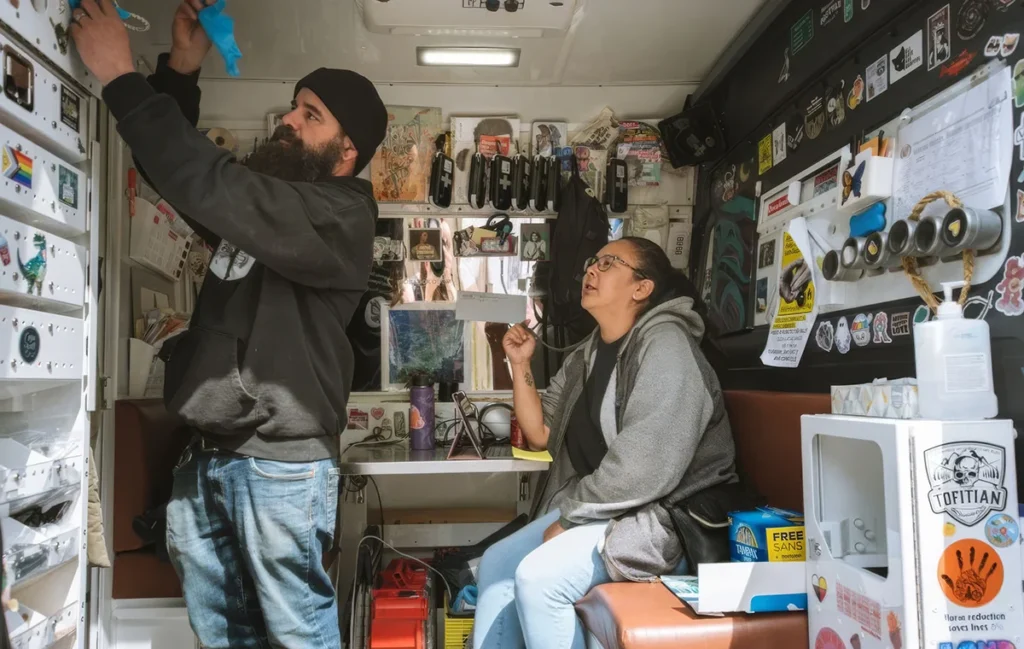
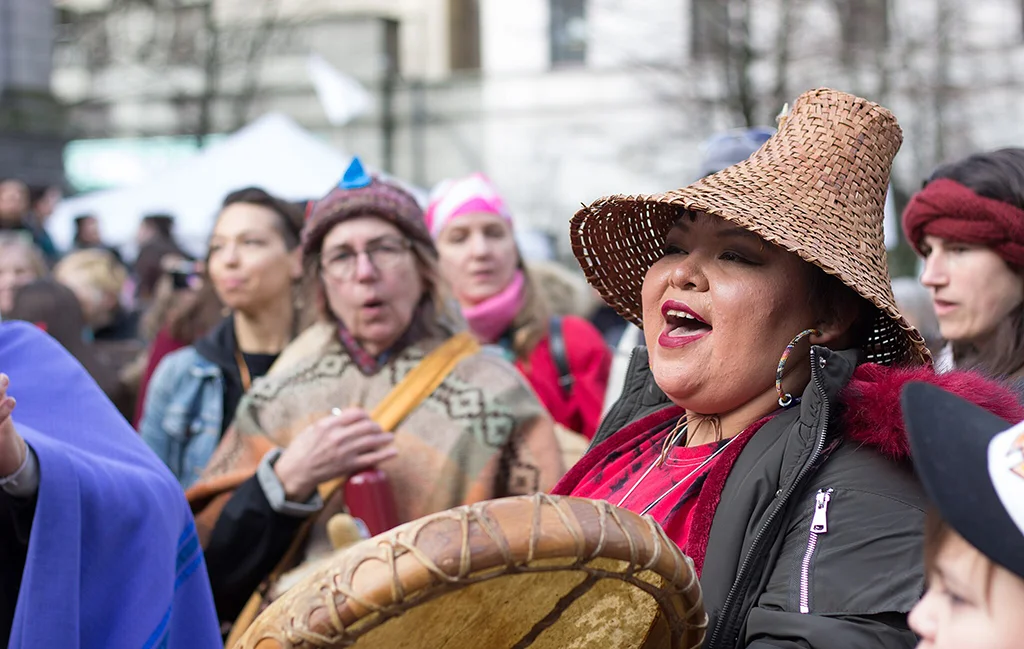
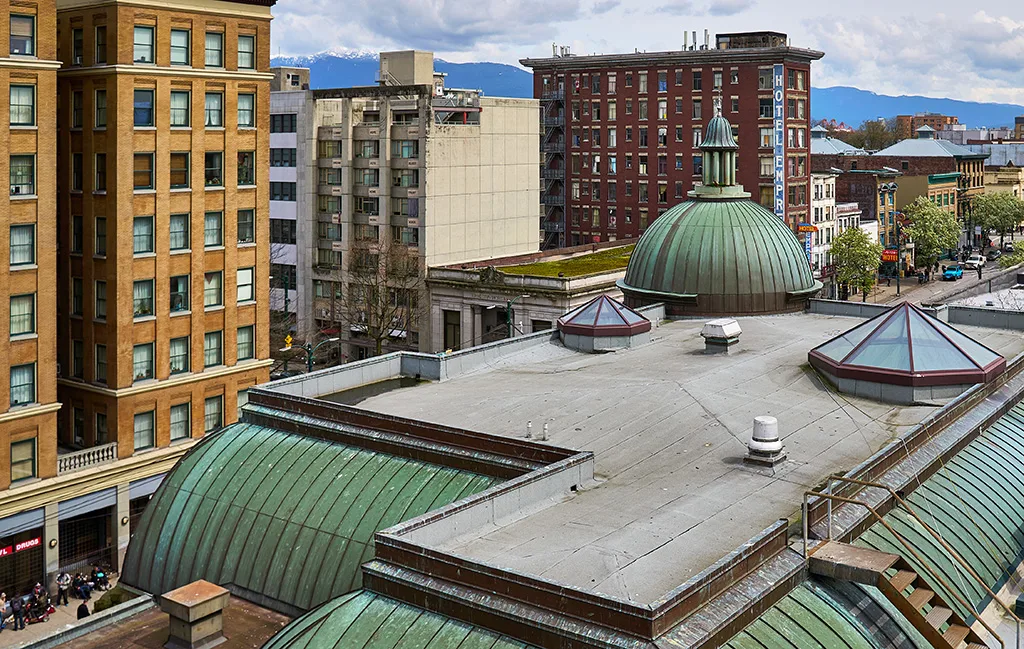
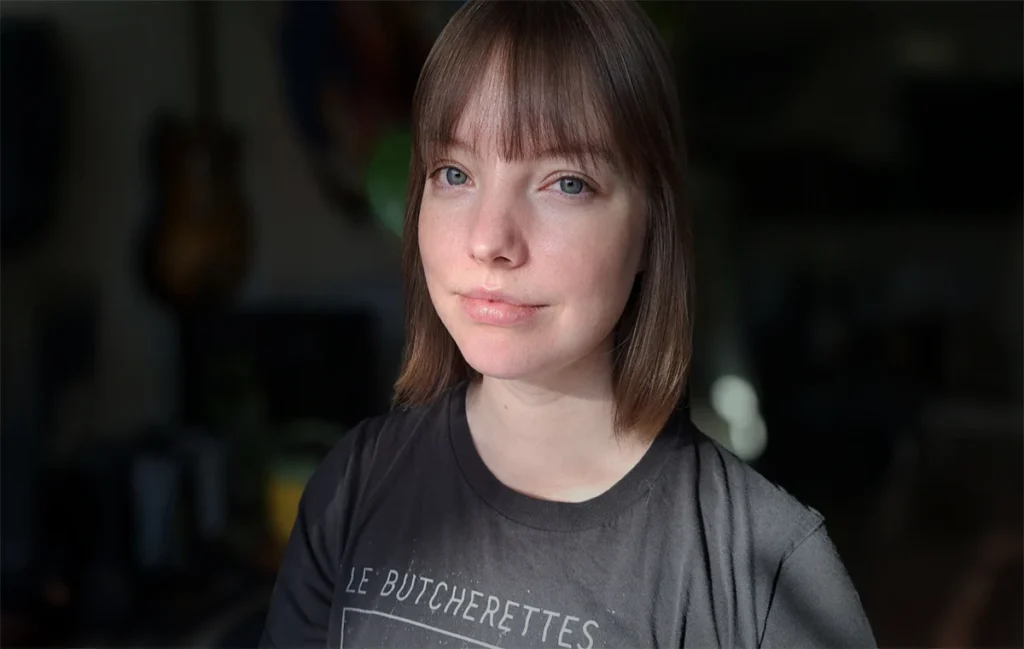
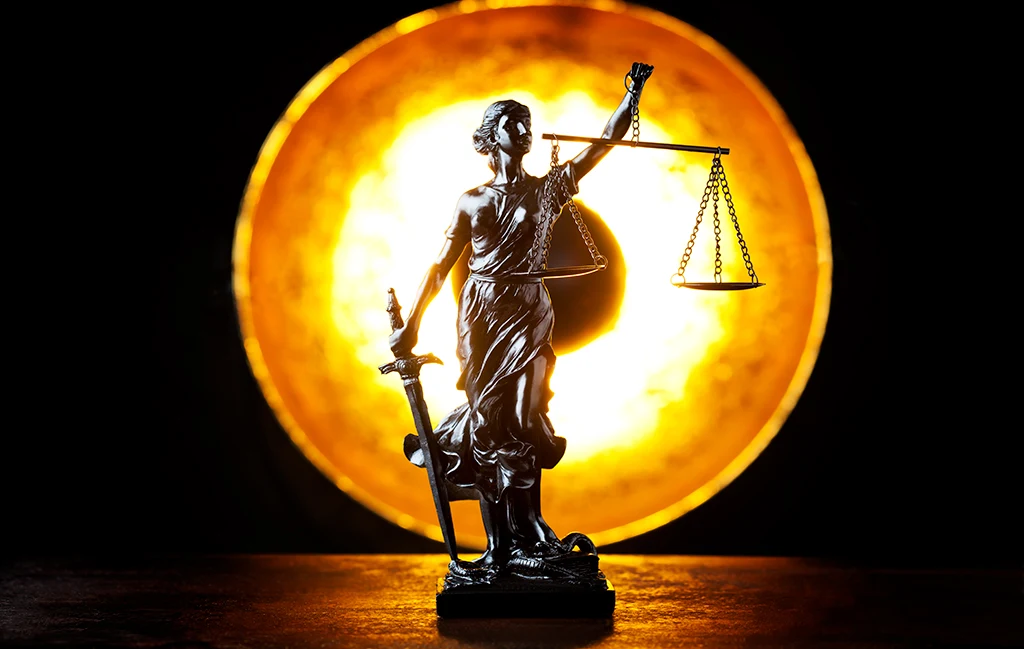
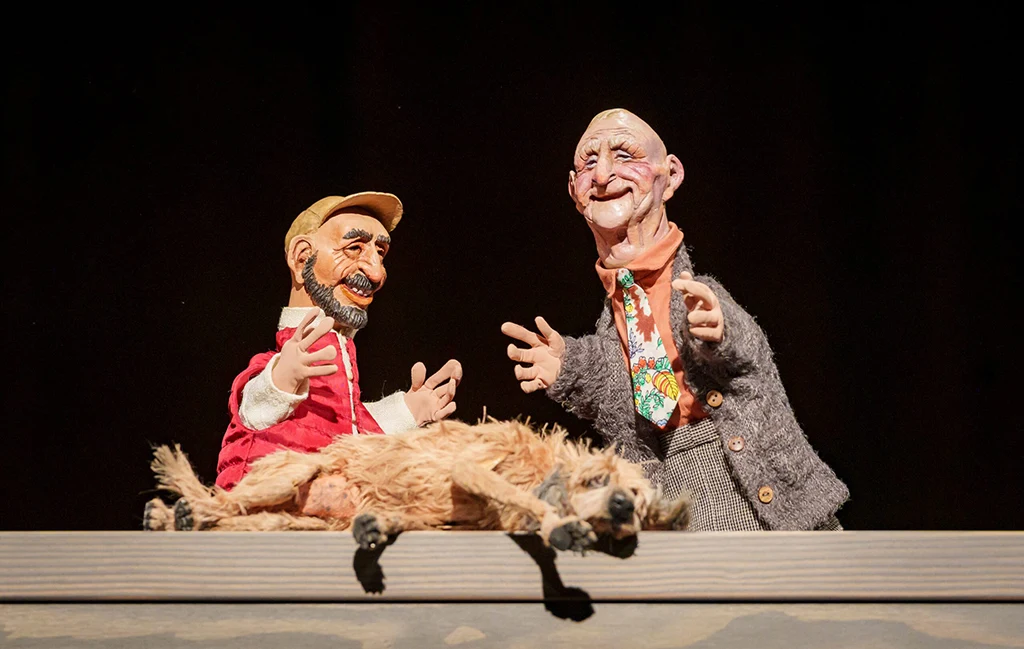
Leave a Comment